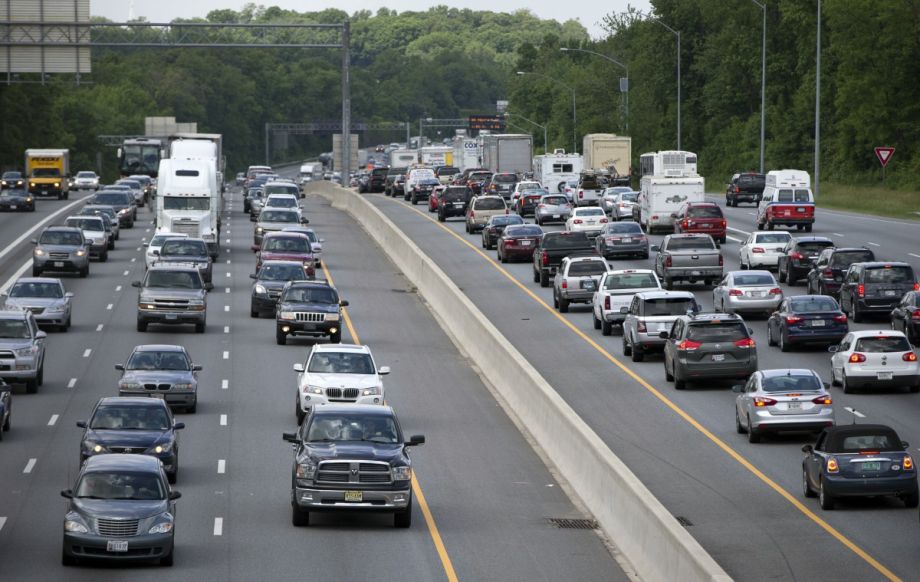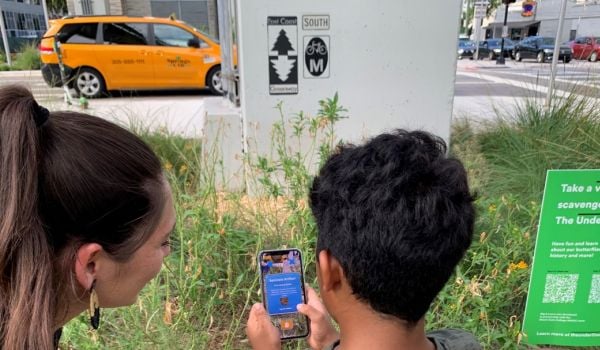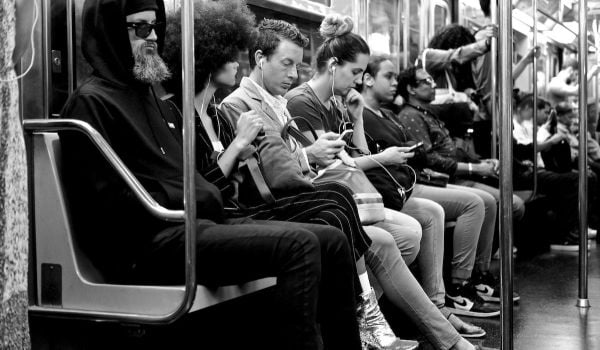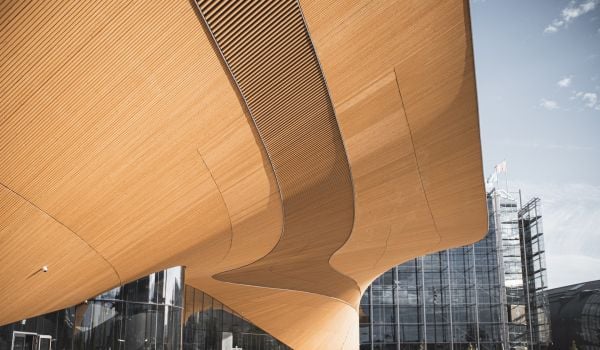The last 40 years have shown monumental shifts in economics, politics and technology — but what about social connectedness? A new report from the City Observatory that measures the nationwide fall of social capital found the changes in how most people now travel, spend time and live day to day has had repercussions on how everyone relates (or doesn’t relate) to one another — and contributes to a trend toward better public spaces.
“There is compelling evidence that the connective tissue that binds us together in cities is coming apart,” said Joe Cortright, economist and founding director of City Observatory. “As we’ve spent more time in isolation and less time socializing with our neighbors, participation in the civic commons has suffered. Rebuilding social capital in America will require innovative approaches to spur community engagement.”
The report sees Americans growing apart in what seems every aspect of day-to-day living. The physical landscape of cities and growth of suburban sprawl is a contributor to many of these shifts, the report said. One-third of people today agree with the statement “most people can be trusted,” compared to about half in the 1970s, and overall interaction with a person’s neighbors is also slipping. More time is spent, at an average of 19 hours, on the solitary activity of watching TV. The report also points to the rise of individual car usage and a polarized income-based educational system as catalysts for social disconnect.
One good result of this disconnectedness, however, is a push from cities to reinvigorate public spaces that can serve as common meeting grounds. In cities like San Jose and Philadelphia, cities are reviving and reprogramming public plazas, pools and libraries — City Observatory links these trends to a cry against increased isolation.
“As urban life continues to change, the civic commons has a big role to play in creating places that encourage people to cross paths, encounter new ideas and help shape their communities,” said Carol Coletta, of the Knight Foundation, which funds City Observatory. (Knight also provides funding support to Next City, including for our own recent series examining public space design.) “But we have to change the way we think about our public places. By reimagining them as a connected set of civic assets we can help create cities that people want to live in—those that attract talented workers, expand opportunities for people of all backgrounds and ensure long-term success.”
View the full report here.
Marielle Mondon is an editor and freelance journalist in Philadelphia. Her work has appeared in Philadelphia City Paper, Wild Magazine, and PolicyMic. She previously reported on communities in Northern Manhattan while earning an M.S. in journalism from Columbia University.
Follow Marielle .(JavaScript must be enabled to view this email address)













